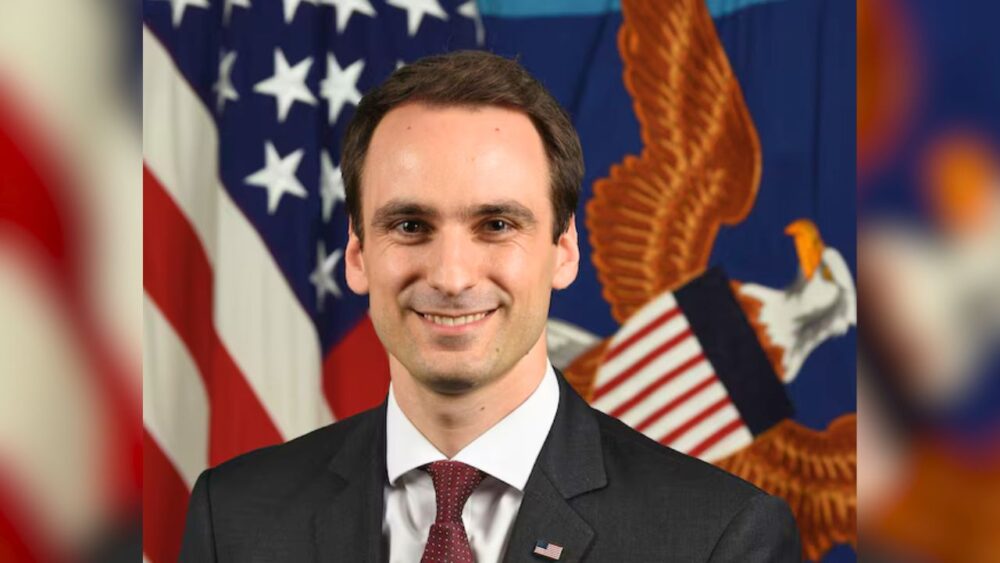In a sweeping address at the National Academy of Sciences yesterday, White House Science and Technology Director Michael Kratsios outlined a vision for revitalizing America’s scientific enterprise amid what he described as diminishing returns despite increased funding.
“… [W]e must scrutinize our existing approach and recommit ourselves to best practices,” Kratsios told the assembled scientists and policymakers, according to a transcript from The White House. “More money has not meant more scientific discovery, and total dollars spent has not been a proxy for scientific impact.”
Kratsios pointed to troubling trends in research efficiency, noting that despite biomedical budgets “soaring since the 1990s,” new drug approvals have “flatlined or even declined” while requiring more researchers to achieve similar outputs.
The cornerstone of his proposed reforms is what he termed “Gold Standard Science” – a framework emphasizing reproducibility, transparency, and interdisciplinary collaboration. He cited two cautionary examples: disputed Alzheimer’s research that misdirected resources for years and pandemic-era school closures that he characterized as ignoring evidence about children’s low-risk levels.
“We cannot allow mistakes to persist unaddressed, poisoning the well of apparent knowledge for everyone else,” Kratsios said.
In his most politically charged comments, Kratsios took direct aim at diversity, equity, and inclusion initiatives in scientific institutions, calling them “an existential threat to the real diversity of thought” essential to scientific inquiry.
He specifically criticized NASA’s recent requirement that research proposals include plans for furthering “inclusion goals” and that evaluation panels be comprised of 50 percent “DEI professionals.”
“Science cannot be subject to ideology, nor should scientists march blindly in lockstep,” he said.
The administration plans to reduce administrative burdens on federally funded researchers while exploring alternative funding mechanisms like prizes and public-private partnerships. Kratsios acknowledged that the industry now spends more than three times what the federal government does on R&D.


